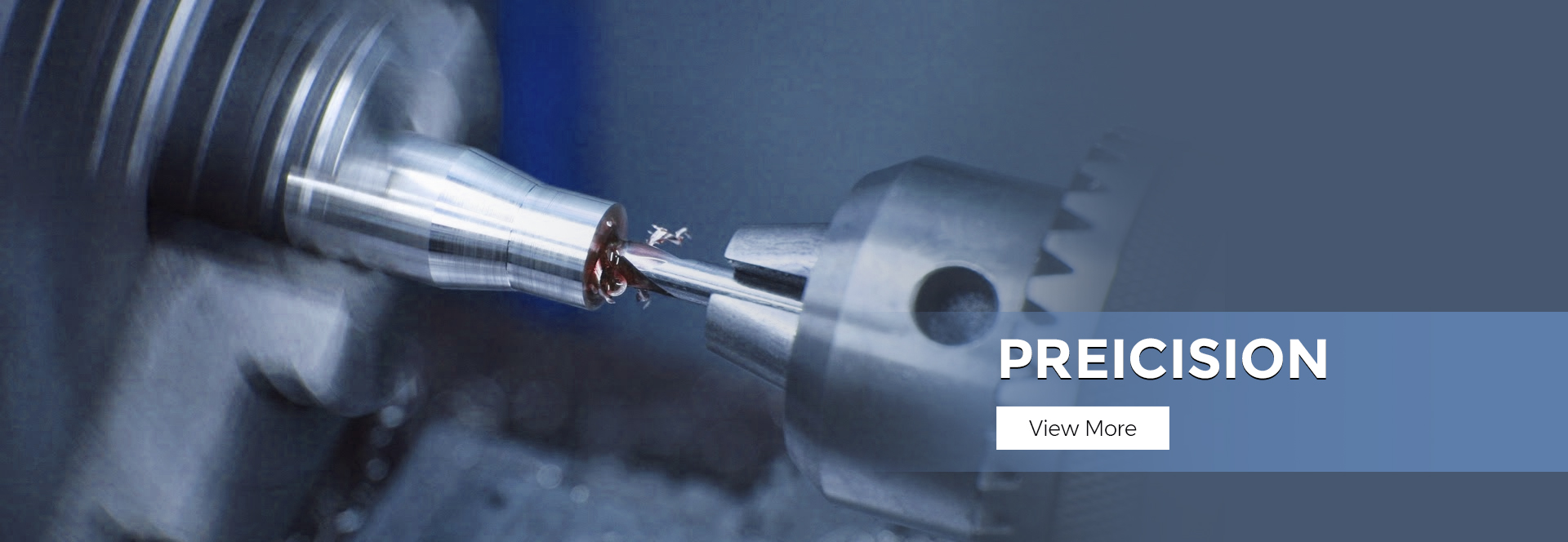Mobile:+86-311-808-126-83
Email:info@ydcastings.com
English
Understanding Die Casting Alloys and Their Applications in Manufacturing Processes
Die Casting Alloys An Overview
Die casting is a widely used manufacturing process that allows the creation of complex metal parts with excellent precision and surface finish. The process involves forcing molten metal into a mold cavity under high pressure, which results in items that are often used in various industries, including automotive, aerospace, electronics, and consumer goods. One of the most critical factors in the die casting process is the selection of the right alloy, as it affects not only the mechanical properties and surface quality of the final product but also the casting process itself.
Common Die Casting Alloys
The most commonly used alloys in die casting are aluminum, zinc, magnesium, and copper. Each of these alloys offers distinct advantages and is chosen based on the specific requirements of the application.
1. Aluminum Alloys Aluminum die casting alloys, such as 413, 380, and 390, are among the most popular due to their lightweight, corrosion resistance, and good mechanical properties. Aluminum alloys also provide excellent thermal and electrical conductivity, making them ideal for applications in the automotive and electronics industries.
2. Zinc Alloys Zinc die casting alloys, like Zamak, are an excellent choice for applications requiring high accuracy and intricate designs. They offer a good balance of strength, ductility, and corrosion resistance. Zinc alloys are often used in the production of hardware, automotive components, and small intricate parts due to their favorable flow characteristics during casting.
3. Magnesium Alloys Magnesium die casting alloys, such as AZ91, are known for their low density and high strength-to-weight ratio. These alloys are becoming increasingly popular in industries seeking to reduce weight without sacrificing performance, particularly in the automotive sector where reducing weight leads to improved fuel efficiency.
4. Copper Alloys Although less common, copper die casting alloys are used in specific high-performance applications. Copper alloys provide excellent thermal and electrical conductivity and are often utilized in electrical components and fittings.
die casting alloy

Properties and Benefits of Die Casting Alloys
The selection of an appropriate die casting alloy is vital as it influences several important aspects
- Mechanical Properties Die casting alloys can be engineered to offer a range of mechanical properties such as tensile strength, ductility, hardness, and impact resistance. This adaptability allows engineers to tailor the alloy to meet the specific needs of the application.
- Surface Finish The fluidity of the molten metal is critical in achieving a high-quality surface finish. Aluminum and zinc alloys exhibit good fluidity, which helps in obtaining fine details and smooth surfaces in the final product.
- Corrosion Resistance Certain alloys, notably those based on aluminum and zinc, provide excellent resistance to corrosion, making them suitable for outdoor and harsh environment applications.
- Recyclability Most die casting alloys, particularly aluminum, are highly recyclable, which is an essential factor in sustainable manufacturing practices.
Conclusion
In summary, die casting alloys play a crucial role in the manufacturing process, affecting everything from production efficiency to the performance of the final product. With a variety of alloys available, each with its unique properties and benefits, manufacturers can choose the right material to meet specific requirements. As industries continue to advance towards lightweight and durable components, the demand for high-quality die casting alloys will likely grow, paving the way for innovative applications and enhanced performance in various sectors. Understanding the characteristics and advantages of different die casting alloys enables manufacturers to push the boundaries of what is possible in metal casting, ultimately leading to more efficient production processes and superior end products.
-
Premium Fan Housing & Motor Casing for Optimal AirflowNewsAug.31,2025
-
High-Performance Automobile Water Pump & Electric SolutionsNewsAug.30,2025
-
Expert Stainless Steel Casting | Precision & Durable Metal PartsNewsAug.29,2025
-
Precision Metal Castings: Aluminum, Stainless Steel & Die CastingNewsAug.28,2025
-
Superior Aluminum Castings in Automotive Engine PartsNewsAug.22,2025
-
Common Materials Used in Fan Housing ManufacturingNewsAug.22,2025











